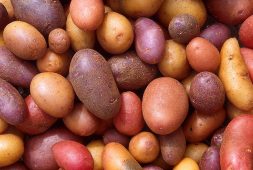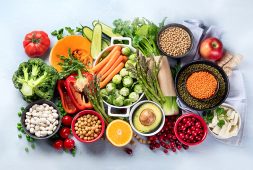
Food has proven to affect people’s lives, especially when it comes to keeping them stronger and healthier. While some foods are known to lower heart disease and diabetes, and others help you lose weight, others still can actually boost your brain, memory and cognition.
Neurologist and author of The End of Alzheimer’s Program, Dale E. Bredesen , M.D. shares that foods can affect the neurological health, as well as their effects on detoxification, systemic inflammation, and insulin resistance, as well as providing important vitamins and nutrients. The key is to eat the food that will improve your brainpower, while making your diet sustainable at the same time.
Alzheimer’s affects over 50 million people worldwide, and scientists have been working incredibly hard to find ways to make the disease less intense in patients. And one main way to do that is through nutrition.
Back in 2015, a study was published in Alzheimer’s & Dementia that found that the MIND diet can actually ‘turn back the time on your cognitive age by 7 ½ years.’ The MIND diet actually stand for Mediterranean-DASH Intervention for Neurodegenerative Delay, which combines the best portions of the DASH and Mediterranean diets that are known for their dementia protection.
Dr. Bredesen explains, “Good fats, such as olive oil, and vegetables (which include high folate and crucifers for detoxification) are brain-healthy components of the Mediterranean diet. Meanwhile, vegetables and wild-caught fish that are low in mercury are both brain-healthy components of the DASH diet.”
According to one of the co-authors of the 2015 study, Christy C. Tangney, Ph.D., C.N.S., F.A.C.N., who also happens to be a professor in the Department of Clinical Nutrition at Rush University Medical Center in Chicago says, “Several trials are currently ongoing to test the impact of MIND diet cognitive decline, and other structural changes in the brain after 3 years in 604 adults.”
She also said, “We will learn much more from this trial about the role this diet plan plays in brain health. The MIND diet is also one of four lifestyle approaches being tested in another ongoing clinical trial known as US Pointer (US Study to Protect Brain Health Through Lifestyle intervention to Reduce Risk) that I’m working on.”
Dr. Bredesen shared that for those people that want to boost their cognition even more, she suggests trying his KetoFlex 12/3 diet that supports ketosis. This diet is very low in carbohydrates, heavily plant-based, and has a 12-hour feeding window, where you need to make sure that you stop eating 3 hours before bedtime as well.
He also reiterates that if you find it too difficult, then simply try to lessen your intake of processed foods, added sugar and red meat and rather choose to consume brain-healthy foods instead. The following is a list of 9 of the best foods to help boost your brainpower, and by simply pairing some veggies with one of them for a meal, you’re already moving in the right direction to do exactly that!
1. Berries
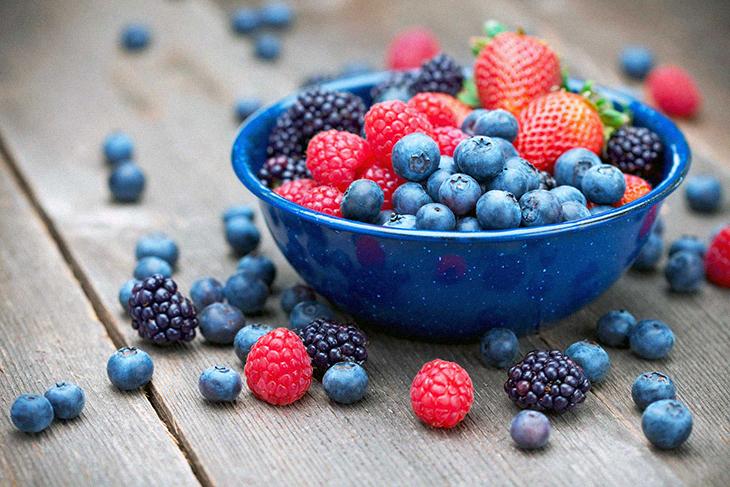
A past study shows that berries actually aid in increasing the signals in the brain. This is probably due to the anti-inflammatory and antioxidant properties that berries have. Experts suggest to have at least 2 servings of a ½ a cup of berries every week.
2. Beans
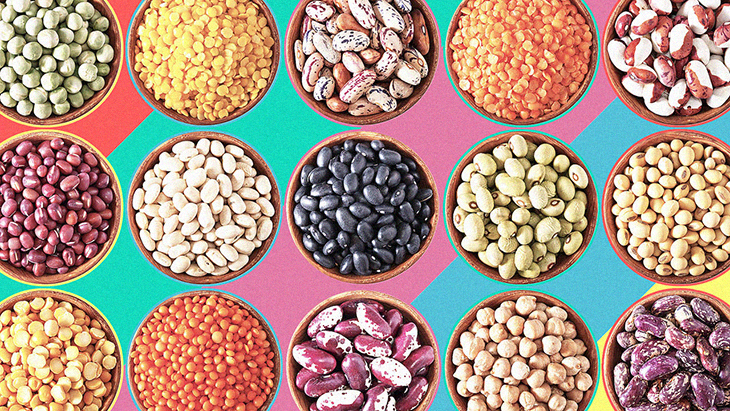
Research shows that since beans are full of fiber, they actually help improve cognition. Doctors suggest to eat ½ a cup of cooked beans at least 3 times a week to enhance brain function.
3. Whole Grains
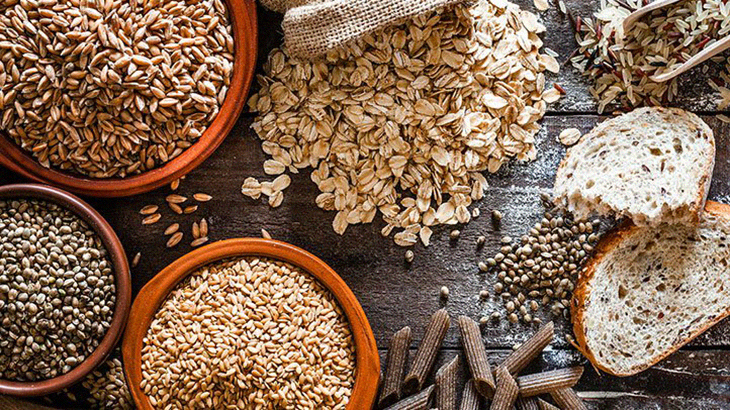
According to Dr. Bredesen, choosing whole grains over refined grains (like pasta and white rice) is a much better choice since “They are associated with metabolic syndrome, which in turn increases risk for Alzheimer’s disease.” One serving can be quantified as one ½ cup cooked whole grain, 1 slice 100% whole grain bread or 100% whole grain pasta, and the suggested daily serving is at least 3.
4. Fish
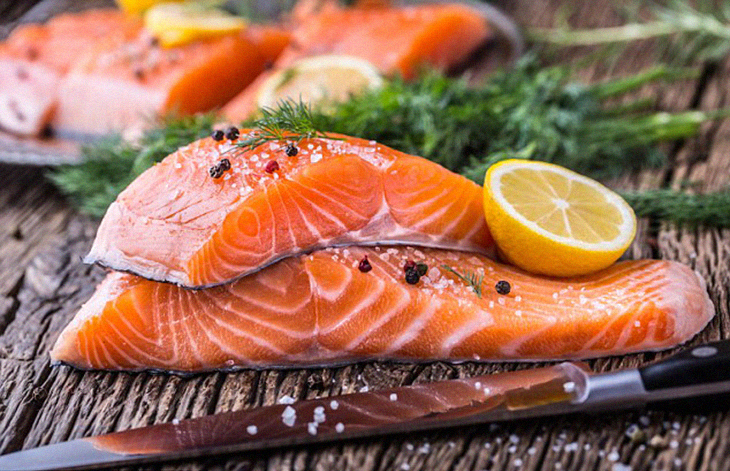
Fish that contain fatty acids are suggested for a number of health benefits, but another is the fact that these omega-3 fatty acids can actually lower your risk of Alzheimer’s disease. Each fish serving should be between 3 to 4 ounces and eaten at least once a week.
5. Green Leafy Vegetables
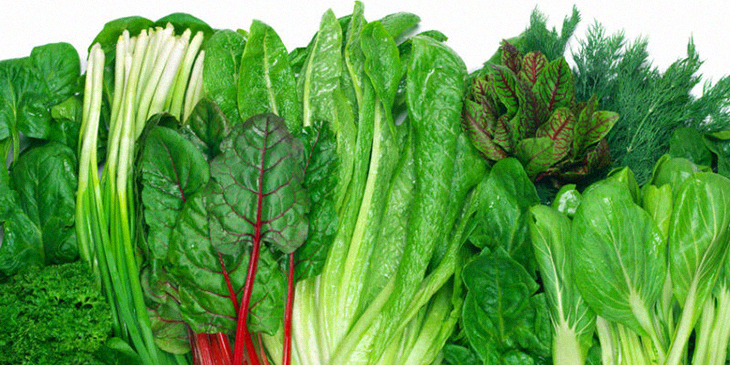
It should come as no surprise that green leafy vegetables have made yet another list of nutrient-rich and healthy food. Dr. Bredesen explains, “Foods high in folate (such as leafy greens) reduce homocysteine, thus reducing risk for Alzheimer’s.” He also added, that “cruciferous vegetables such as broccoli and Brussels sprouts support detoxification.” People should aim to eat 6 weekly servings of either 1 cup cooked green leafy veggies or 2 cups raw.
6. Nuts
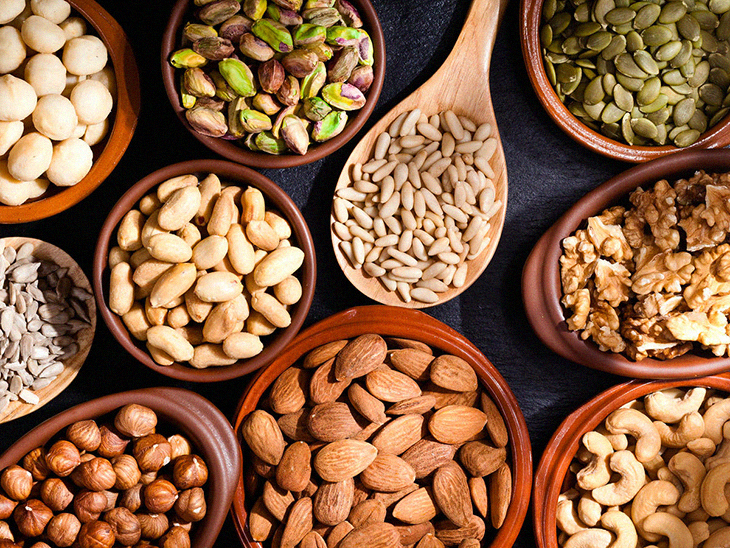
Nuts happen to be quite high in polyphenols, which are known to lessen a person’s risk of eventually developing dementia. They aren’t called brain food for nothing! One serving is about 1.5 ounces – or a small handful – or two tablespoons of nut butter. Individuals should try to have at least 5 servings per week to reap the most benefits as well.
7. Poultry
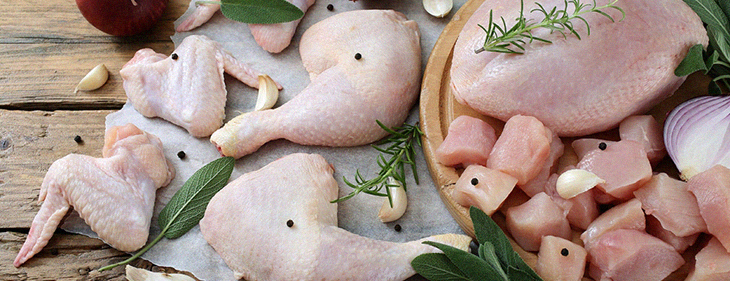
For those that prefer to eat meat, poultry is definitely a better and healthier option than choosing to eat red meat. Not only is it leaner, it also contains less saturated fat. Weekly servings should be between 2 or more per week of around 3 ounces or poultry.
8. Olive Oil
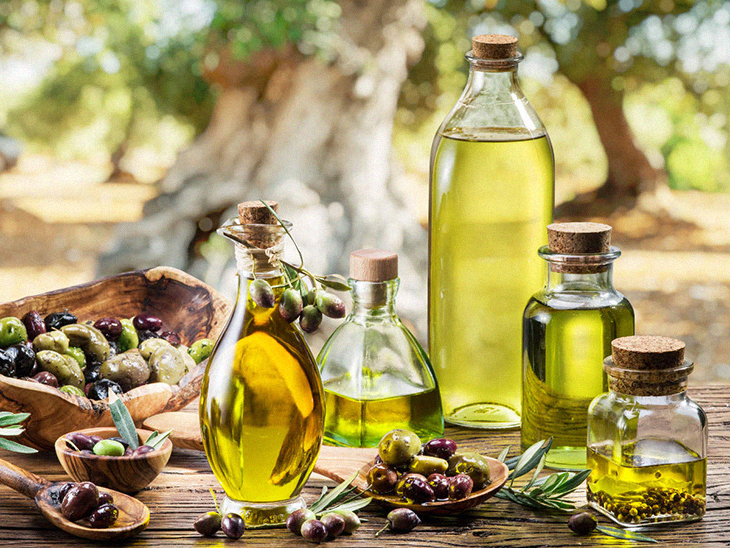
When it comes to olive oil, the MIND diet doesn’t have any set quota. But it does suggest that they opt to use it as a substitute for other types of oils and butter, but to use extra-virgin to make it an even better choice.
Dr. Bredesen explains that olive oil is quite rich in healthy monounsaturated fat. He shared, “A low-carbohydrate diet that’s high in good fats (such as polyunsaturates and monounsaturates) promotes ketosis, which supports brain function.”
9. Optional: Alcohol / Wine

Although this is an optional food on the list, it’s one that most individuals will be happy to consume. While wine is known to be beneficial for the heart due to its antioxidants, it’s not necessarily known to work for cognitive increase, yet it does. If you do decide to drink, daily servings are limited to just 1 drink for women and 2 drinks for men and nothing more for either gender. And depending on which alcoholic beverage you choose to drink, it’s good to know that one serving equals 5 ounces of wine, 12 ounces of beer, or 1.5 ounces (1 shot) of 80-proof spirits.


